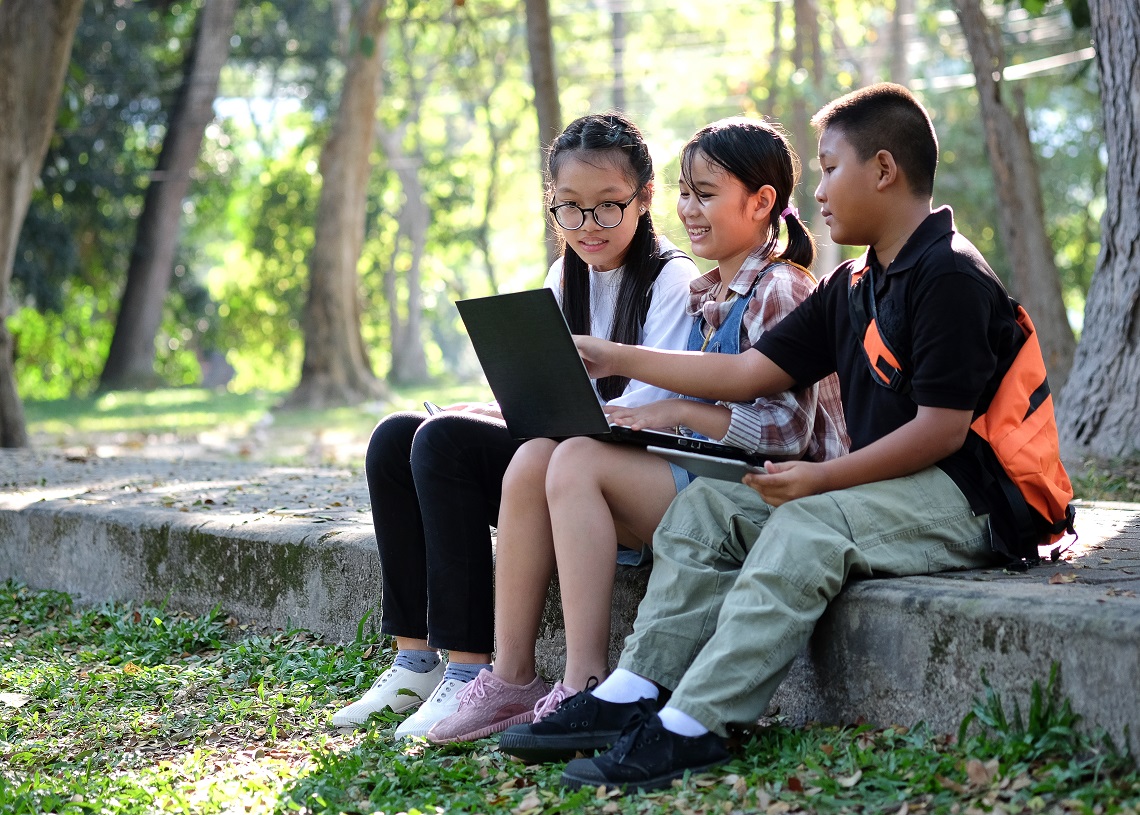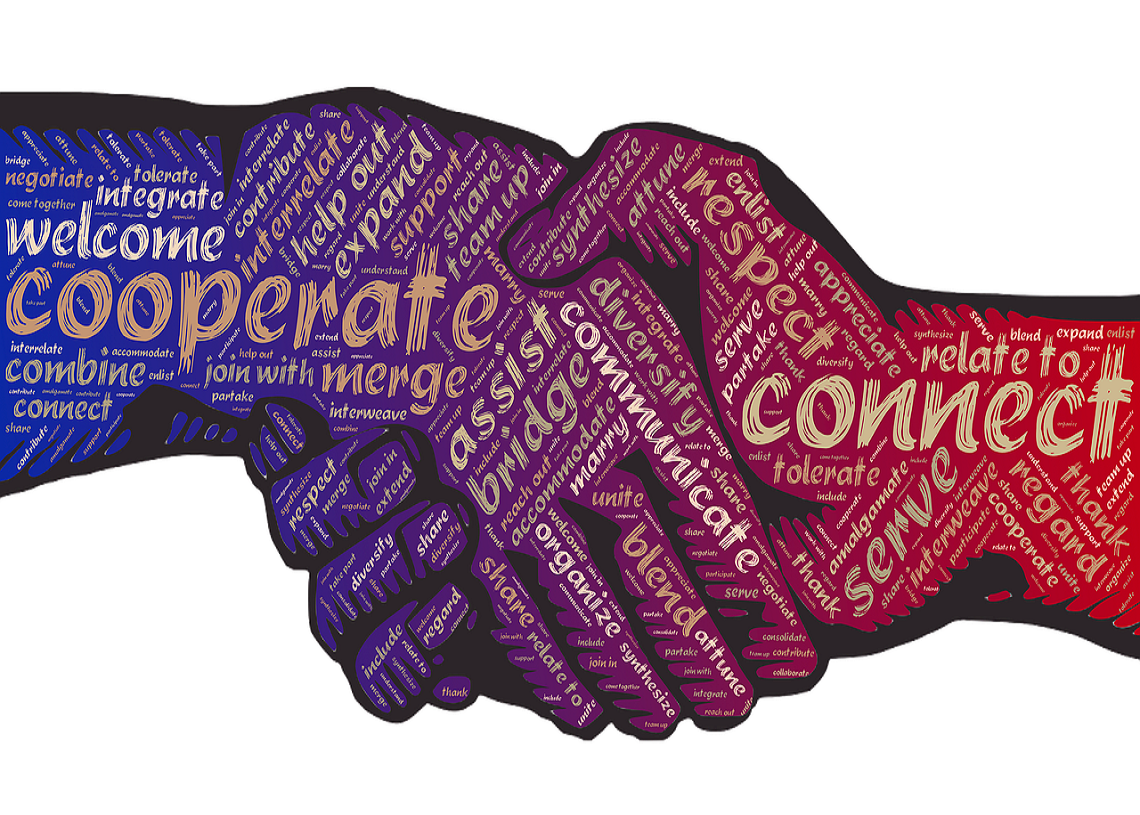Is the Philippine educational system all set for innovative technology? The Department of Education (DepED) Secretary Leonor Briones says that this switch to online learning has a major potential effect: a positive one for the environment.
As we are still under a global pandemic, and as different sectors of the economy come to a screeching halt, the demand for remote, safe, and accessible education is on an all-time high.
Innovative technology in online learning saves costs
According to Briones, the advent of online learning paved the way for a cost-saving opportunity: both for the operation costs and the environmental costs. As dependence on textbook learning has negative drawbacks stemming from cutting down all the trees required to produce physical, paper learning textbooks.
Both the reduction of oxygen-producing trees and the carbon emissions produced by logging adds to the carbon footprint. These conditions are detrimental to the environment overall. When viewed from this perspective, the environmental implications of online learning is certainly appealing.
DepEd is struggling to maintain a sufficient supply of paper
Briones noted that due to accessibility of technology being harder to come by, most parents (around 8 million) and even students still prefer learning via modules. This is due to textbooks being easier to acquire than the technology and connectivity that online learning requires.
Behind the scenes though, DepEd is struggling to maintain the sufficient supply of paper required in printing learning materials, causing delays. Textbook learning is not without its cons.
Speaking of cons, the delays not only affected module supplies but also the postponement of school openings. Some reports even state that teachers don’t have copies of needed textbooks weeks before the supposed date of the school opening.
Briones even has concerns regarding the Philippines and its position in the global market. She says dues to students in other countries having better access to these technologies, Filipino students will get left behind.
If fully implemented though, the benefits of online learning, otherwise termed as eLearning, are hard to ignore and can potentially reverberate to other industries as well. As it stands, despite the need for it, online learning remains a secondary option. According to Briones, the lockdowns caused by the pandemic is not a permanent situation.
Changes take time amidst the pandemic. Briones hopes that the Philippines will gradually move towards the new norm in education: online learning.







